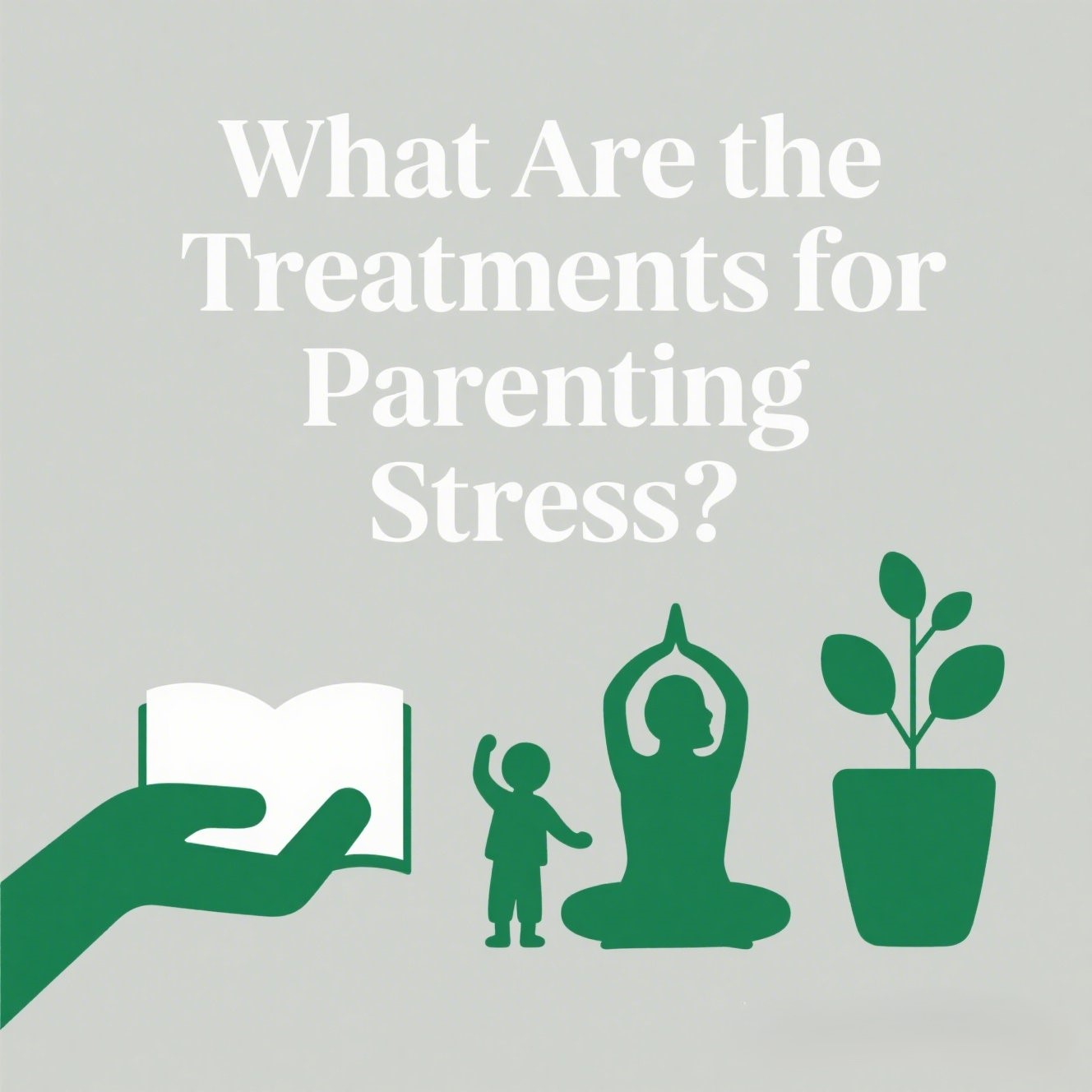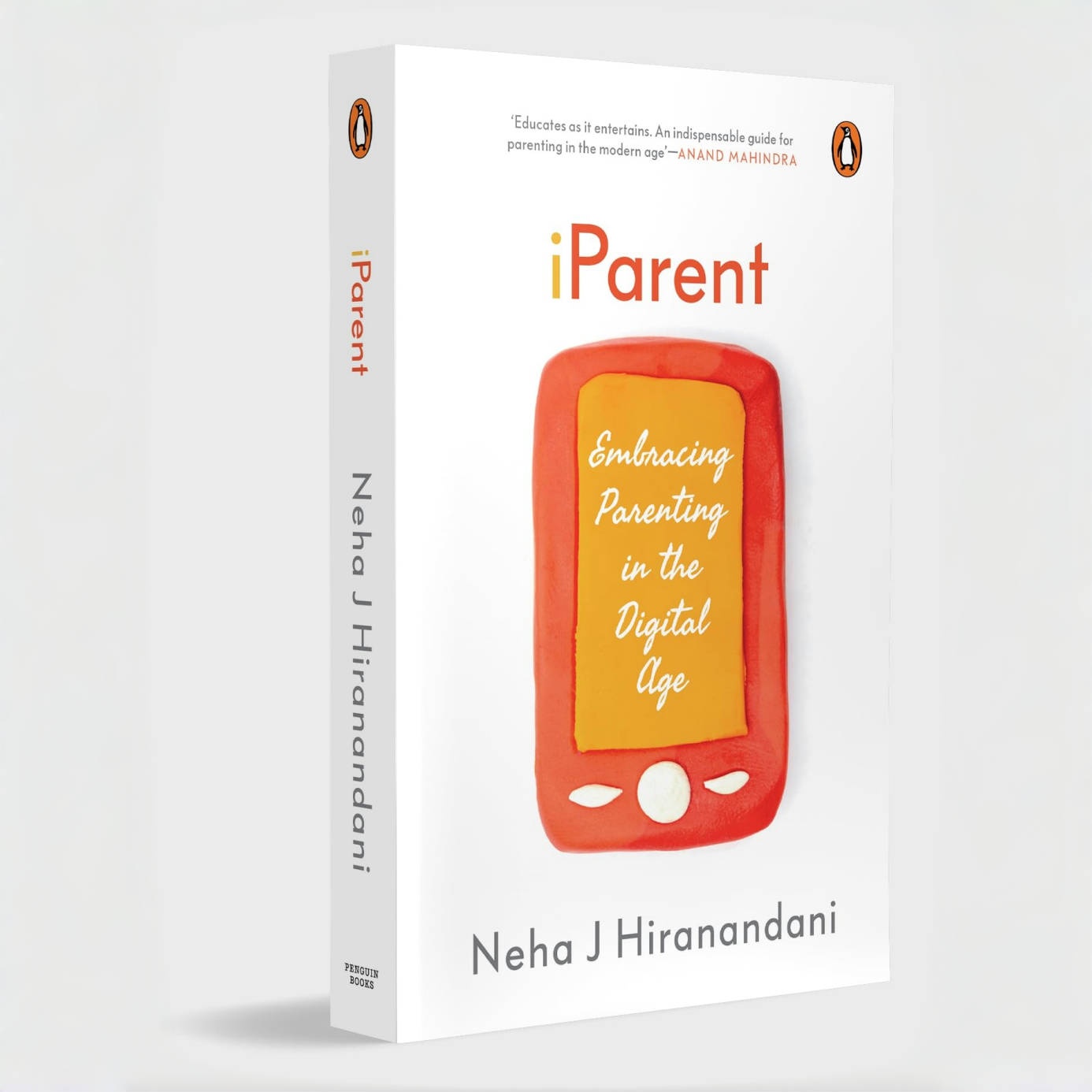Parenting is often described as the most rewarding job in the world—and also the most exhausting. From the outside, it might look like storybooks and warm hugs, but inside your head, it can feel like a whirlwind of tantrums, to-do lists, and emotional chaos.
Parenting stress is real. And the good news? It’s not just “part of the job”—it’s something you can treat, manage, and ease with the right tools. Whether you’re a new parent surviving on caffeine and cuddles or a seasoned mom or dad facing the teen years, here’s a creative and compassionate guide to the treatments for parenting stress.
1. Mindful Breaks – Your Brain’s Reset Button
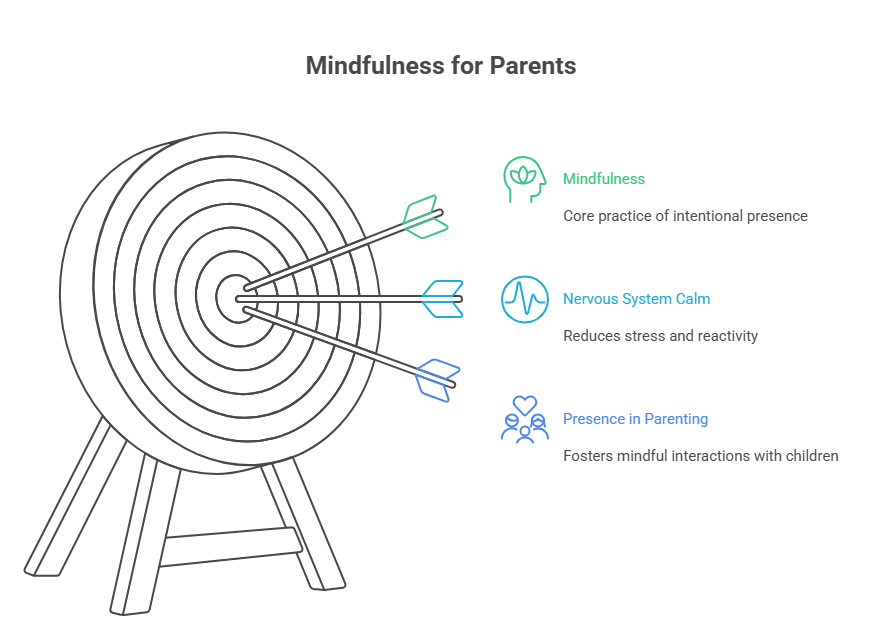
What it is:
Short, intentional moments of mindfulness. These are not about deep meditation in a silent forest (though go for it if you can!). It’s about finding micro-moments of peace within your day.
How to do it:
- Close your eyes for 30 seconds and focus only on your breath.
- Light a candle and sip tea without doing anything else.
- Sit in silence before you pick up the toys.
- Name 5 things you see, 4 things you feel, 3 you hear… grounding brings clarity.
Why it works:
Mindfulness calms the nervous system, reduces reactivity, and helps you parent from presence, not panic.
2. Talk Therapy – Unpack, Unload, Unwind
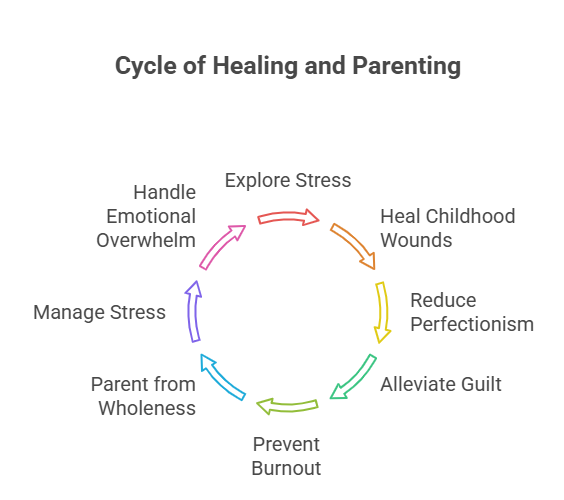
What it is:
A licensed therapist helps you explore your stress, patterns, and emotional triggers in a safe, non-judgmental space.
Why it works:
Parenting can bring up childhood wounds, perfectionism, guilt, and burnout. Therapy helps you heal what’s beneath the surface so you can parent from wholeness, not worry.
Bonus option:
Try parent-focused therapy like cognitive-behavioral therapy (CBT) for stress and anxiety or acceptance and commitment therapy (ACT) for emotional overwhelm.
3. Connection with Other Parents – The “I Get It” Cure
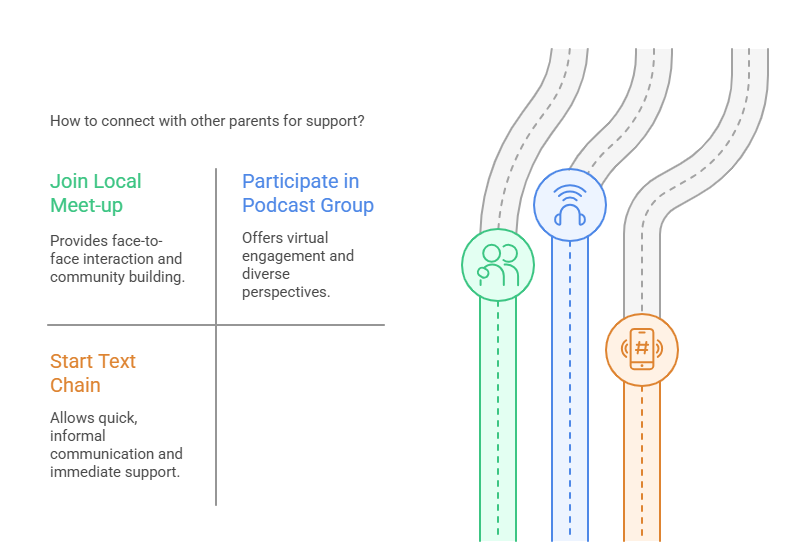
What it is:
Support groups, parent circles, or even online communities where real talk happens without filters.
Why it works:
Stress multiplies in isolation and shrinks in connection. Hearing another parent say, “Me too,” can lift a thousand invisible pounds off your shoulders.
Try this:
- Join a local parent meet-up
- Participate in a parenting podcast discussion group
- Start a “no-judgment” text chain with fellow moms or dads
4. Self-Compassion Practice – Treat Yourself Like You Treat Your Kids

What it is:
Learning to speak to yourself with the same kindness, patience, and forgiveness you give your child.
Why it works:
We often hold ourselves to impossible standards as parents. Self-compassion reduces shame and builds resilience, allowing you to bounce back from bad days and messy moments.
How to practice it:
- When you mess up, say: “That was hard. I’m doing my best.”
- Write yourself a loving note—yes, really.
- Stop comparing. Start honoring your own journey.
5. Physical Movement – Shake the Stress Out
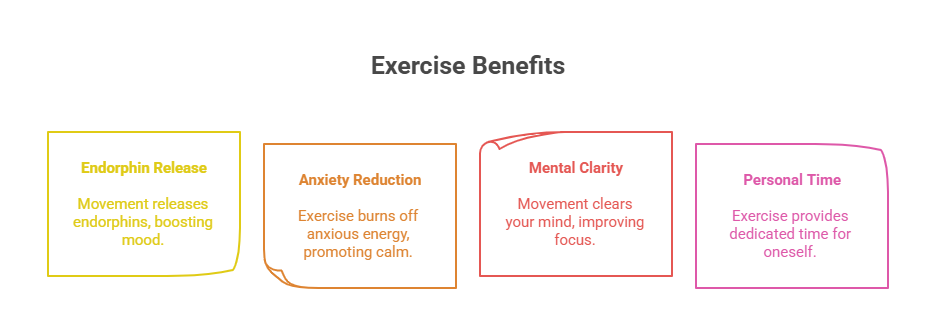
What it is:
Exercise in any form—walking, stretching, dancing in your kitchen like nobody’s watching.
Why it works:
Movement releases endorphins (happy hormones), burns off anxious energy, and clears your mind. It also gives you time just for you, even if it’s just 15 minutes.
Creative twist:
- Do “parent-kid yoga” with your toddler
- Push the stroller while listening to an empowering audiobook
- Have a solo dance party when the house is finally quiet
6. Sleep Repair – Reclaiming Rest
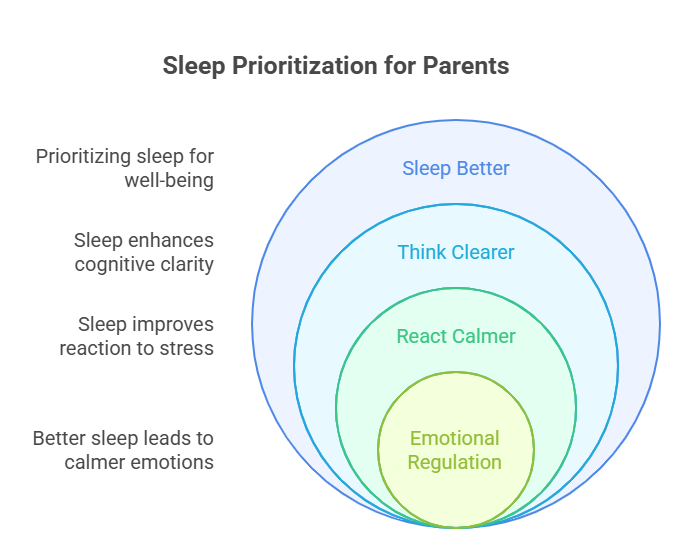
What it is:
Making sleep a priority again—even in fragments. Sleep deprivation is one of the biggest stress amplifiers in parenting.
Why it works:
When you sleep better, you think clearer, react calmer, and regulate emotions faster.
Tips to try:
- Create a “wind-down” ritual (no scrolling before bed!)
- Nap when your child naps (yes, the laundry can wait)
- Share night shifts with your partner or support system
7. Realistic Expectations – Release the Perfect Parent Myth
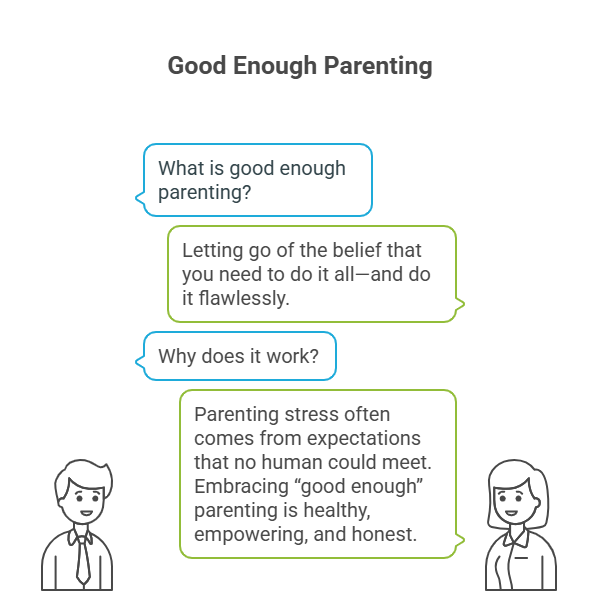
What it is:
Letting go of the belief that you need to do it all—and do it flawlessly.
Why it works:
Parenting stress often comes from expectations that no human could meet. Embracing “good enough” parenting is healthy, empowering, and honest.
Remind yourself:
- “Perfect parents don’t exist—present ones do.”
- “I don’t need to be everything. I just need to be here.”
- “Some days are just about survival, and that’s okay.”
Final Thoughts:
Parenting stress isn’t a flaw—it’s a signal. A sign that you’re trying, that you care deeply, that you’re stretching yourself for your family. But you deserve support, softness, and strength too.
Treat your stress like you would treat a child: with attention, tenderness, and tools.
The more you care for yourself, the more room you have to show up with love, grace, and maybe even a little laughter.

